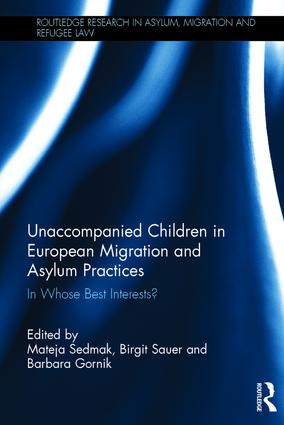
Unaccompanied minor migrants (UAM) are underage migrants, who for various reasons leave their country and are separated from their parents or legal/customary guardians. Some of them live entirely by themselves, while others join their relatives or other adults in a foreign country. The concept of the best interest of a child is widely applied in international, national legal documents and several guidelines and often pertains to UAM given that they are separated from parents, who are not able to exercise their basic parental responsibilities. This book takes an in-depth look at the issues surrounding the best interests of the child in relation to UAM, drawing on anthropology in order to understand human rights not only as a matter of positive law but mainly as a social practice depending on personal biographies, community histories and social relations of power. The first part of the book considers the theoretical and historical elements of the best interest of the child in relation to UAM. It explores Article 3 of the Convention of Rights of a Child and its integration into European asylum and migration legislation. The second part goes on to examine the actual legal framework related to UAM in the reception, protection, asylum and return procedures and conditions in selected EU countries. The chapters are based on qualitative fieldwork carried out through interviews with forty experts and forty unaccompanied minor migrants. Issues addressed include national policies towards particular types of UAM, identifying good practices, and highlighting specific measures and procedural guarantees as well as national practices related to particular aspects of asylum and migration processes.